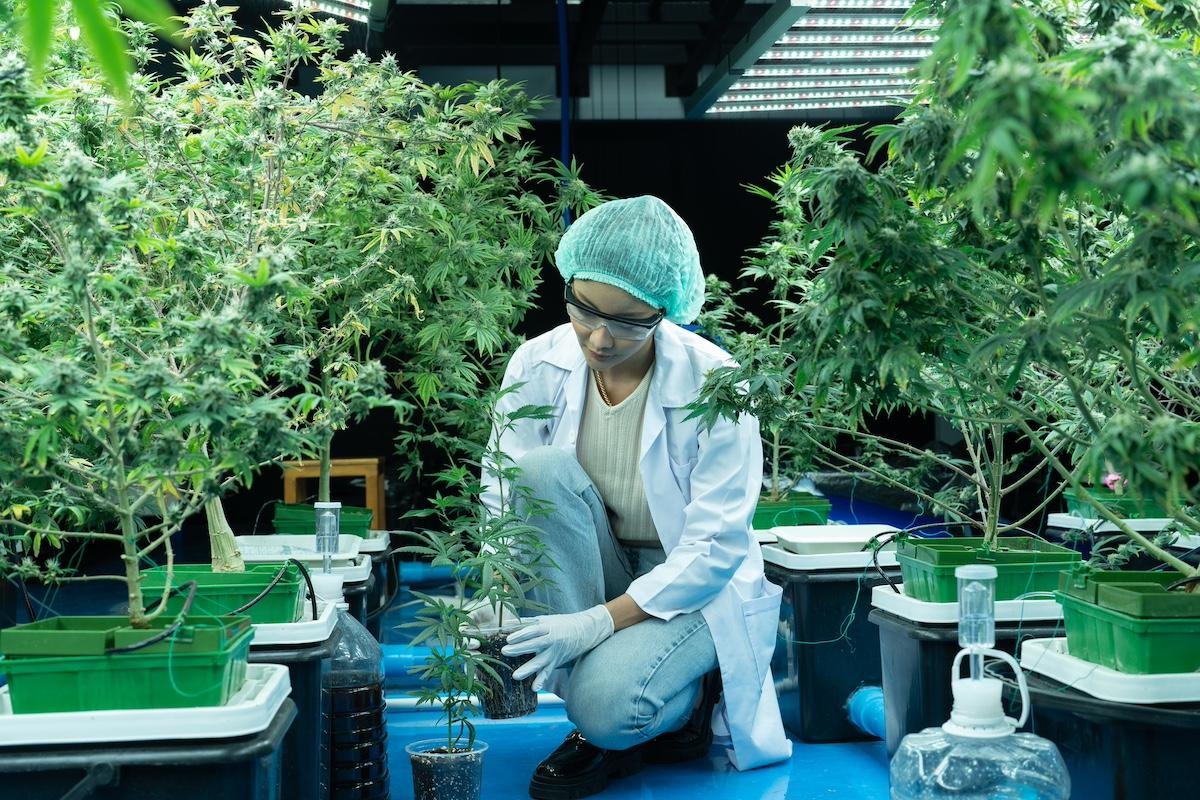A Thursday hearing before the House Oversight and Accountability Committee included dialogue relating to the rescheduling of cannabis. During these remarks, the head of the FDA stated that there is no reason to delay the decision on the rescheduling of cannabis any longer.
Robert M. Califf, head of the United States FDA (Food and Drug Administration), remarked the the speed at which federal cannabis reclassification happens is in the hands of the DEA (Drug Enforcement Administration). Califf acknowledged the complex nature of the reclassification in his remarks, but ultimately was adamant that there is “no reason for the DEA to delay. They have to take into account all the regulations that are in play.”
April 11, Committee on Oversight of the U.S. Food and Drug Administration
“I believe we would be better off if we had guidance from Congress about how to proceed,” Califf said when pressed by Rep. Nancy Mace (R-SC). “Medical marijuana is one thing where there’s a medical purpose and it’s proven through traditional medical pathways, but when it’s used for recreational purposes, there is no medical benefit. In that case, it doesn’t fall under our typical regulation.”
Mace has also spoken in favor of cannabis reform and is a strong advocate for further rescheduling and decriminalization on the basis that these regulatory changes will help consumers get access to safer and cleaner cannabis products.
Califf responded to criticism from Rep. Pete Sessions (R-TX), who argued that the FDA was not giving the potential for abuse enough consideration and that the organization’s research into cannabis did not have a strong enough scientific foundation.
“Let me remind you that a Schedule III does not put marijuana on the market in the United States,” Califf replied. “With all due respect, I think [cannabis] is differentiable from heroin and, I think, cigarettes.”

The rescheduling initiative would change cannabis from a Schedule I controlled substance, grouped with the likes of heroin and LSD, to a Schedule III substance. Schedule III substances are still regulated and controlled by the DEA, yet are deemed to have less potential for abuse and harm.
This discussion comes shortly after a recent White House summit, during which Vice President Kamala Harris and musical artist, Joseph Cartagena, “Fat Joe”, lead a discussion regarding the need for further decriminalization of cannabis.
President Biden has also been regularly addressing the need for and importance of cannabis reform, even from the campaign trail. The President even mentioned the need for further easing of penalties for those found to be in possession of the plant on a federal level during his recent State of the Union address.
Currently, 24 states have legalized recreational, adult-use cannabis. As the nation teeters towards a 50:50 split in terms of legalization, the cries for further reform grow louder and louder.



